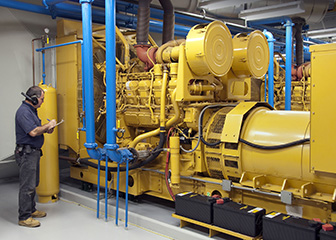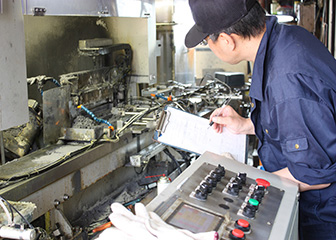Summary

| Quick Facts: Occupational Health and Safety Specialists | |
|---|---|
|
$64,660 per year
$31.09 per hour |
|
| Bachelor’s degree | |
| None | |
| Moderate-term on-the-job training | |
| 58,700 | |
| 9% (Slower than average) | |
| 5,000 | |
What Occupational Health and Safety Specialists Do
Occupational health and safety specialists analyze many types of work environments and work procedures. Specialists inspect workplaces for adherence to regulations on safety, health, and the environment. They also design programs to prevent disease or injury to workers and damage to the environment.
Work Environment
Occupational health and safety specialists work in a variety of settings, such as offices, factories, and mines. Their jobs often involve fieldwork and travel. Most specialists work full time.
How to Become an Occupational Health and Safety Specialist
Occupational health and safety specialists typically need a bachelor’s degree. All specialists are trained in the specific laws or inspection procedures through a combination of classroom and on-the-job training.
Pay
The median annual wage of occupational health and safety specialists was $64,660 in May 2010.
Job Outlook
Employment of occupational health and safety specialists is expected to grow by 9 percent from 2010 to 2020, slower than the average for all occupations.
Similar Occupations
Compare the job duties, education, job growth, and pay of occupational health and safety specialists with similar occupations.
O*NET
O*NET provides comprehensive information on key characteristics of workers and occupations.
Contacts for More Information
Learn more about occupational health and safety specialists by contacting these additional resources.








